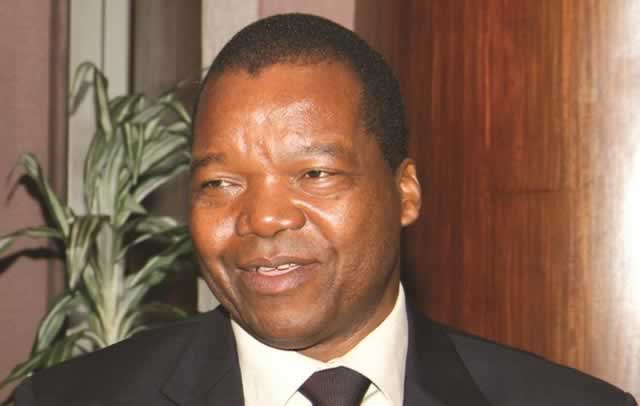
The ManicaPost

Kudzanai Gerede : Business Correspondent
Micro Finance Institutions (MFIs) should play a key role in spearheading the latest transacting fashion of plastic money into the lower end of society which reside outside urban settlements representing the majority of the country’s population.The Reserve Bank of Zimbabwe Governor Dr John Mangudya recently noted that there has been a surge in usage of plastic money in the past few months. This was welcome as a solution to counter the cash shortages.
Zimbabwe’s levels of financial inclusion are still far below satisfactory with the last Finscope survey of 2014 showing a small proportion of Zimbabwe’s adult population was financially included and only 30 percent made use of bank services.
With the majority of the country’s citizenry still living in the rural areas, accessibility of banking facilities in these remote parts remains the key reason why most people are bank-shy hence the obligation for MFIs to harness on this target group.
MFIs by their nature of size and mobility in terms of setting up their operations are mandated to provide financial inclusion to the low income earners and under privileged communities such as the communal farmers who cannot meet the stringent requirements large commercial banks require to disburse loans among other things.
However, the bulk of the MFIs operating in the country have been castigated for deviating from their intended constituencies by locating themselves in urban centers.
Statistics from the central bank shows that Zimbabwe had 155 registered MFIs with a total of 417 branches dotted across the country as at September last year but 89 percent of registered MFIs were based in Harare and Bulawayo despite a funding market waiting in the rural farming communities.
“Most of our MFIs in efforts to create extra revenue streams for themselves apart from the funding business have partnered with local banks and sort of act as bank agents from these big commercial banks in various remote parts of the country where bank infrastructure is not available which was encouraging MFIs to spill into these marginalised areas,” managing director of Zimbabwe Microfinance Fund, Mr Brain Zimunhu recently told Post Business in an interview.
He said this was a positive step in ensuring the generality of the country’s mostly rural population moved in synchronisation with their urban counterparts in embracing the latest banking trends particularly at a time when the country was in a transitional period of reforming into a cashless economy.
MFIs should start issuing debt and credit cards whenever they disburse finance to various projects in the farming communities which they in turn use to purchase farming inputs as a way to reduce the demand strain on the scarce US dollar notes.
Availability of plastic cards amongst the country’s peasants will ease the burden of cash and form the genesis towards a cashless economy.
He however bemoaned the inadequacy of latest technologies such as point of sale machines local MFIs are battling to acquire and other line business related gadgets especially at a time when RBZ is winding up on the Credit Registry which will be critical in monitoring lending and borrowing trends in the local economy.



